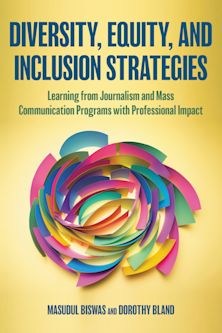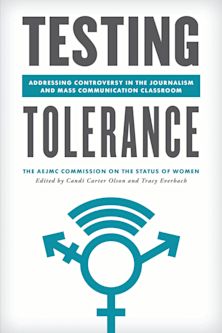Amglish, in Like, Ten Easy Lessons
A Celebration of the New World Lingo
Amglish, in Like, Ten Easy Lessons
A Celebration of the New World Lingo
Description
One of the world's leading linguists recently wrote: "We may be seeing the birth of a new language as yet without a name." He was referencing the new informal mixture of English and other languages being freely formed around the world, with little effort to conform to prescribed rules of grammar, syntax, or spelling.
Amglish in, Like, Ten Easy Lessons: A Celebration of the New World Lingo, by Arthur Rowse with illustrations by John Doherty, offers both a name for this new language and an enjoyable guide on how one can learn to use the language through ten easy "lessons." The authors describe how Amglish, or American English influenced by online grammar and syntax, has begun to dominate our global language.
Featuring an ironic manual on how to use this developing language, Amglish is a light and highly entertaining addition to the recent literature on grammar and punctuation. Illustrated with original drawings throughout, the book shows readers how to improve their Amglish and have fun doing so.
Table of Contents
Chapter 2 Teachers and Other Pioneers
Chapter 3 The New World Lingo
Chapter 4 From Revolution to Tsunami
Chapter 5 The Lishes of Amglish
Chapter 6 Ten Easy Lessons
Product details
| Published | 16 Oct 2011 |
|---|---|
| Format | Ebook (Epub & Mobi) |
| Edition | 1st |
| Extent | 236 |
| ISBN | 9781442211681 |
| Imprint | Rowman & Littlefield |
| Publisher | Bloomsbury Publishing |



























